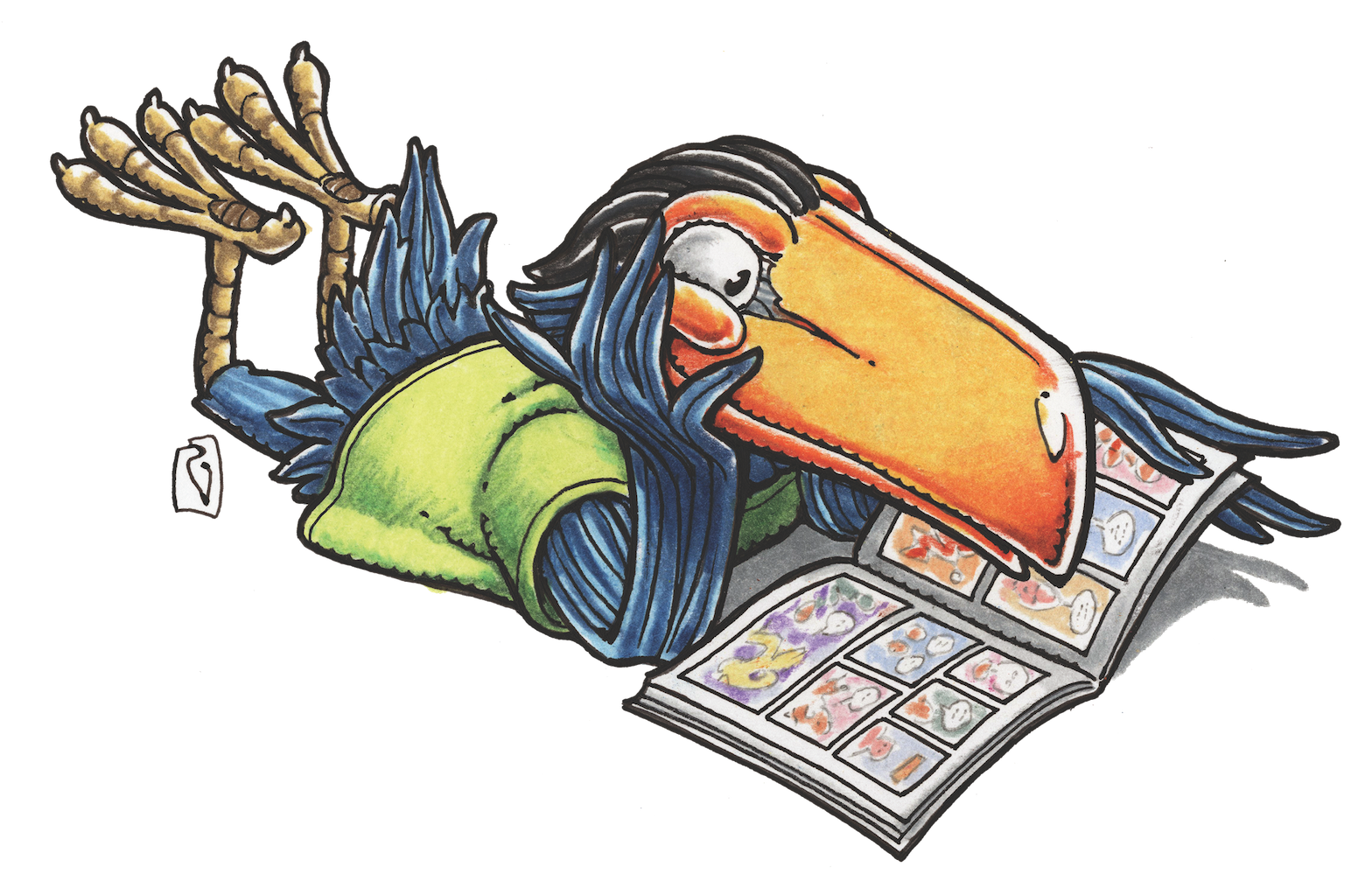MARC BERNARDIN’S DEVOURER OF WORDS
Devourer of Words 046: Listening Post


This will sound familiar to anyone who’s ever written anything: there is a point when you’re not sure what to write. When you get to a beat along your outline and your brain just locks up. (Also applies if you’re writing without a roadmap and letting it come to you … but it stops coming.)
When your fingers stop moving.
It’s not quite the same as “writer’s block” which, to my mind, feels like a lack of inspiration/motivation. This is different. This is running into a tollbooth and not having enough for the fare.
It just happened to me on a long-form project I’m working on. I was making good progress; the writing was going well and the outline was helping me stay on track.
(A brief aside: For me, outlines are confidence crutches. They tell me when I’m ready to start writing. For a book like the one I’m writing now—a 200-plus page monstrosity—an outline is necessary. The trip is too long to not plot a course. For a 20-page floppy, an outline is helpful less for story structure and more for plotting out page turns and splashes. If I’m writing a TV pilot, I’ll often start outlining as a way to get my head in the right space to execute and to help craft the big beats—but I often shift from writing the outline to writing the episode because I’m so excited to dig in. As with all things, your mileage may vary.)
Okay, so I was getting started on a new chapter and I couldn’t find my way in. I kept staring at the chapter slug on the outline, but when I went to break it down, it just wouldn’t break.
I was stuck in that space for almost three weeks until I realized something: ultimately, the book didn’t want that chapter in it. It was trying to tell me that for those three weeks, but I wasn’t listening.
Every story will, after a while, tell you what it wants to be; what form it wants to take, what it needs to be the best version of itself. The trick is learning to listen. We often come to the work with a plan, an intent that allows us to push through the unknown and make something new that hadn’t been in the world before. It’s hubristic, of course, but all writing is. We have the gall to think that we are the ones worthy of delivering the new.
But part of the process—or, at least, part of my process—is to listen to the signals your story is sending. If something is proving incredibly hard to write, you need to listen to that and try to figure out why. Maybe you’re telling the story wrong, maybe it requires a different approach, and maybe this part of the story isn’t necessary.
When it’s hard, try and figure out why it’s hard.
Now, this doesn’t mean you should give up when it’s hard. Some things are supposed to be hard. Some stories will refuse to give up the goods until you pick the lock. Sometimes you just have to put in the work.
You won’t know how to proceed until you’ve allowed yourself to trust that the story itself will light the way.
Marc Bernardin’s Devourer of Words appears the third Tuesday of every month here on Toucan!